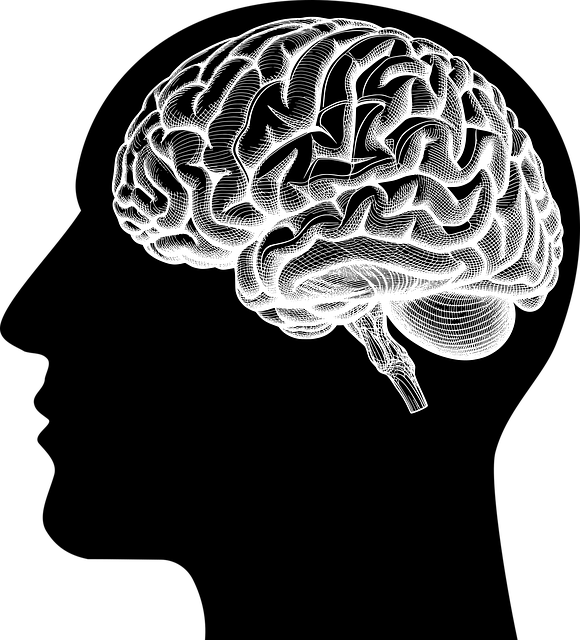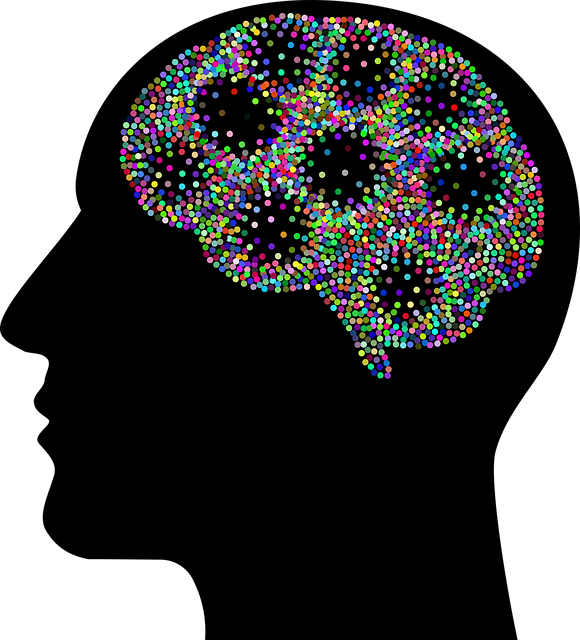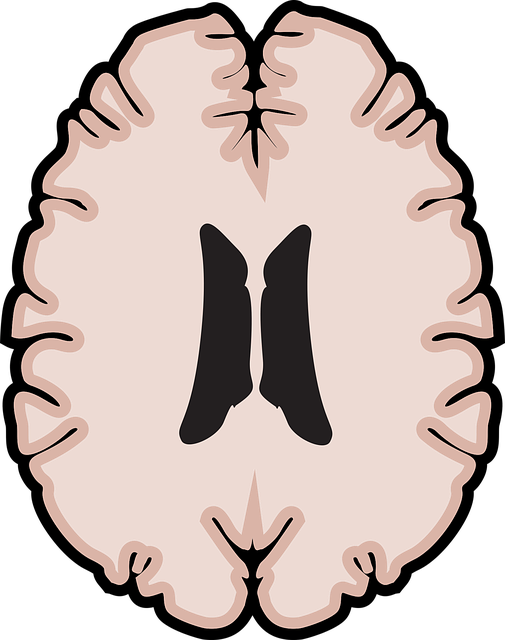Misdiagnosis of mental health conditions, particularly PTSD, remains a challenge highlighted by The Denver Post. Innovative approaches in Denver PTSD therapy aim to improve accuracy through emotional intelligence, open communication, and advanced training. By fostering safe spaces for patients to share experiences, these methods enhance diagnostic reliability, reduce stigma, and lead to personalized treatment plans. The Denver model emphasizes cultivating empathy and compassion, integrating technology and evidence-based practices to recognize subtle cues of PTSD. This results in targeted interventions and improved patient outcomes, making it a promising strategy for comprehensive mental health care.
Mental illness diagnosis accuracy is a critical aspect of patient care, yet challenges persist. This article explores efforts to improve diagnostic reliability, focusing on misdiagnosis rates and factors influencing accuracy. We delve into innovative approaches enhancing diagnosis techniques and professional training, with a specific emphasis on Denver Post-Traumatic Stress Disorder (PTSD) therapy’s role in boosting diagnosis reliability. Understanding these improvements is vital for better patient outcomes.
- Understanding the Challenges: Misdiagnosis Rates and Factors Affecting Accuracy
- Innovative Approaches: Enhancing Diagnosis Techniques and Professional Training
- Integrating New Research: The Role of Denver Post-Traumatic Stress Disorder (PTSD) Therapy in Improving Diagnosis Reliability
Understanding the Challenges: Misdiagnosis Rates and Factors Affecting Accuracy

Misdiagnosis rates for mental health conditions remain a significant concern in the field of psychology and psychiatry. Research suggests that many individuals struggle with receiving accurate diagnoses, particularly when it comes to complex disorders like post-traumatic stress disorder (PTSD). The Denver Post highlights the challenges faced by both patients and healthcare providers in navigating this intricate process. One factor contributing to misdiagnosis is the multifaceted nature of PTSD symptoms, which can overlap with those of other conditions, making differentiation difficult.
Emotional intelligence plays a crucial role in accurate diagnosis as it enables therapists to interpret non-verbal cues and understand the nuanced emotional experiences of their clients. By fostering strong therapeutic relationships and encouraging open communication, providers can gather more comprehensive information about an individual’s history and current state, thereby enhancing the likelihood of precise diagnoses. Moreover, coping skills development and emotional healing processes are essential components that contribute to overall diagnostic accuracy and patient outcomes.
Innovative Approaches: Enhancing Diagnosis Techniques and Professional Training

In the pursuit of enhancing mental illness diagnosis accuracy, innovative approaches are revolutionizing the landscape of Denver Post-Traumatic Stress Disorder (PTSD) therapy. Beyond traditional methods, professionals are now leveraging cutting-edge techniques and advanced training programs to improve diagnostic processes. These efforts aim to transcend surface-level symptoms, delving deeper into the intricate web of psychological factors that contribute to mental illness. By integrating modern technology and evidence-based practices, therapists in Denver can more effectively uncover hidden trauma, subtle indicators, and complex interplay between psychological and biological elements.
The training programs focus on equipping professionals with enhanced conflict resolution techniques and inner strength development strategies. These skills are instrumental in creating a supportive environment that encourages patients to share their experiences openly. Through improved communication and a reduction in the Mental Illness Stigma, therapists can foster trust, enabling individuals to receive more precise diagnoses and tailored treatment plans. Such progressive initiatives not only elevate diagnosis accuracy but also promote holistic healing, ensuring Denver residents access comprehensive care for their mental health concerns.
Integrating New Research: The Role of Denver Post-Traumatic Stress Disorder (PTSD) Therapy in Improving Diagnosis Reliability

The field of mental health diagnosis is constantly evolving, and integrating new research is vital to enhancing accuracy. One notable contribution comes from Denver Post-Traumatic Stress Disorder (PTSD) therapy, which has shown promise in improving diagnostic reliability. This therapeutic approach focuses on not just treating symptoms but also cultivating empathy and compassion within individuals. By employing innovative strategies such as compassion cultivation practices, therapists can facilitate a deeper understanding of clients’ experiences, leading to more precise diagnoses.
The Denver PTSD model emphasizes the importance of building empathy between therapist and client, creating a safe space for individuals to share their stories without fear of judgment. This approach not only aids in recognizing subtle cues and patterns associated with PTSD but also helps in differentiating it from other anxiety disorders. As a result, healthcare professionals can provide more targeted interventions, ultimately improving patient outcomes and ensuring the right support is offered for specific mental health challenges, including Anxiety Relief.
Mental illness diagnosis accuracy is a multifaceted challenge, with misdiagnosis rates highlighting the need for improvement. By understanding the factors affecting accuracy and implementing innovative approaches like enhanced diagnosis techniques and professional training, we can significantly advance mental health care. Integrating new research, such as Denver Post-Traumatic Stress Disorder (PTSD) therapy, promises to further improve diagnosis reliability, ultimately leading to more effective treatment plans and better patient outcomes.














